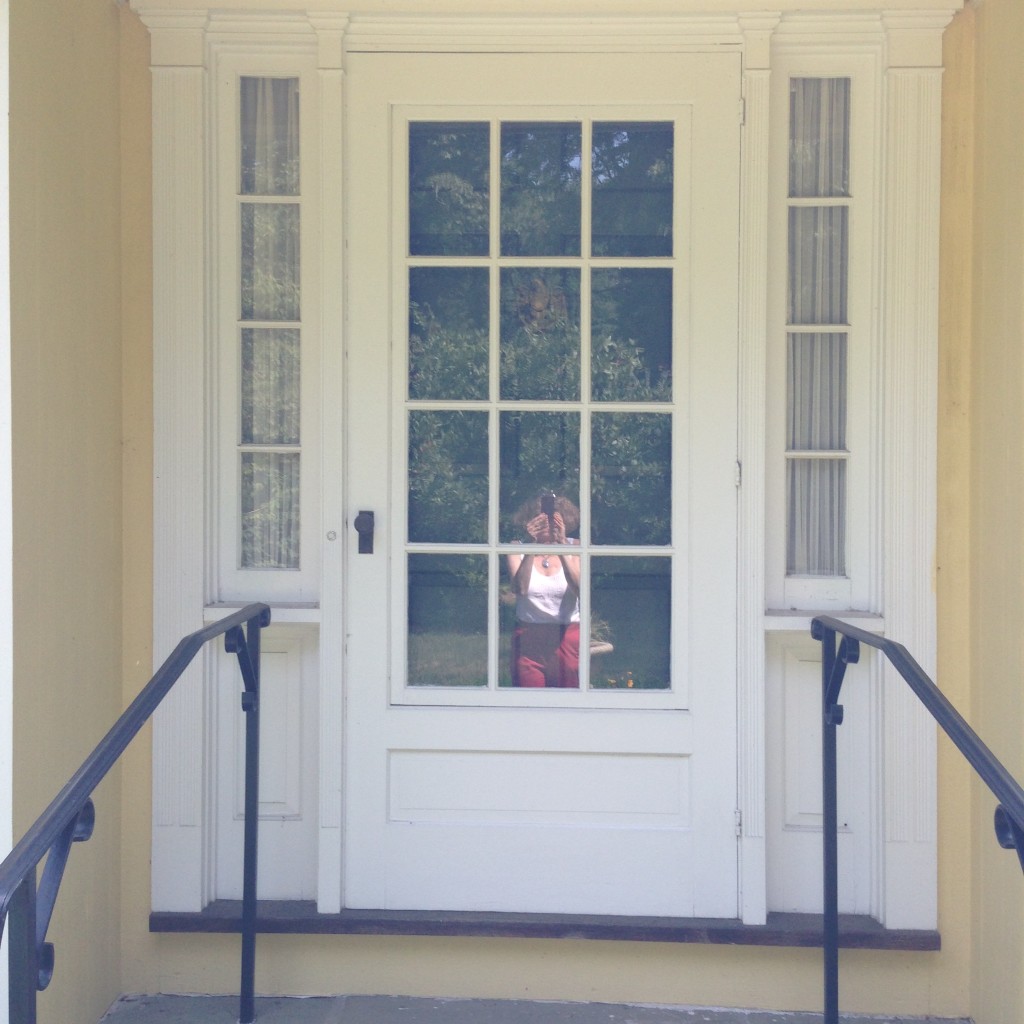How do you get the big things right in a relationship? Often, by getting the little things right.
When I work with couples who want to improve their relationships, I encourage them to focus on concrete things each of them can do that will help make things better. Surprisingly often, the specific things they ask of each other relate to one time of day: coming home. Many people get so caught up in other things when they walk in the door that they forget to pay attention to their partner.
Do any of these sound familiar?
“The kids are excited to see me when I get home, but she’s always in the middle of something.”
“I hear his car pull in, but it takes him 15 minutes to come in from the garage. It’s like he doesn’t really want to come home.”
“With the kids demanding attention and me trying to get dinner started, I really don’t have time to drop everything.”
“She says Hi, but really, I’d like a hug. Or even a kiss.”
“He comes in the door, puts on his running gear, and heads back out. It’s like I’m hardly there.”
If any of these remind you of homecomings at your house, consider making a change. Failing to acknowledge your partner can sting. It’s a tiny little hurt, so small it might not even be noticed…but over time those micro-hurts lead to feelings of resentment and disconnection. Fortunately, a small effort in this area can lead to big improvements.
Here are simple ways to make homecoming a positive force in your relationship:
Acknowledge your partner. No matter how many balls you have in the air or how badly you want that shower, say hi and (if possible) smile.
Make eye contact. This matters more than you might think.
Remember that your S.O. isn’t the source of the day’s stressors but can be a respite from them. Do your best not to let a tough workday or a difficult commute spill over into your home life.
Touch. Words are great, but touch is a deeper connection. At least touch his shoulder; better, give him a hug or kiss. Maybe even an enthusiastic, like-you-were-dating passionate kiss. (That should make both of you smile.)
If your space/connection styles are different, talk about it. Sometimes, the underlying issue in after-work tension is different styles or needs around space and connection. Some people are eager to talk with their partner the minute she walks in the door. Others want a little solo time to shift from work mode to home mode. If you have one style and your partner has the other, negotiate a way that you can both live with. For instance, you could give a big hug and kiss, then go off and read the paper for 10 minutes, then join the family or help with dinner prep. Or you could hold your eager questions and comments about the day for an hour or so until your partner has wound down. Giving space to a partner who needs it is an act of love—as is giving connection to someone who’s hungry for it.
